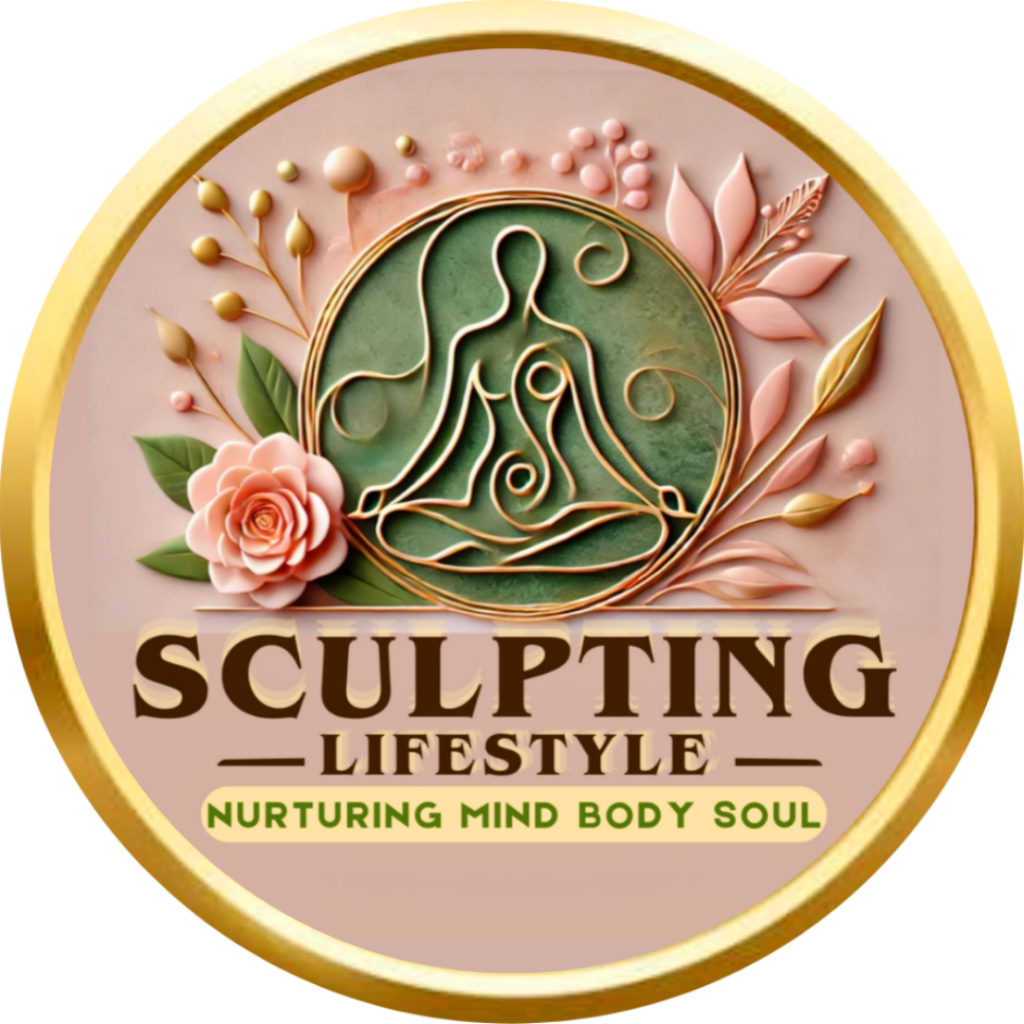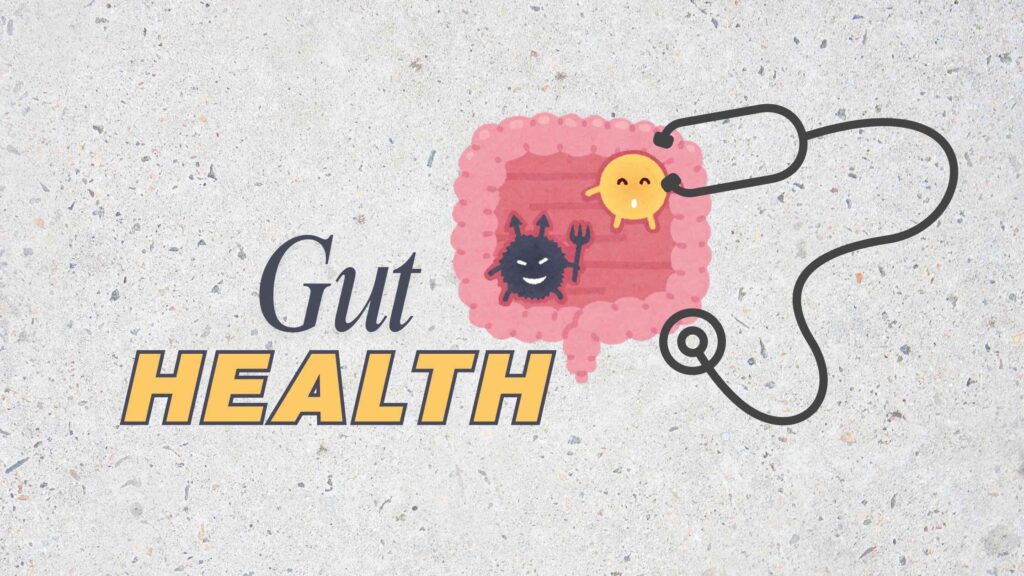When we hear the word gut, most of us think only about digestion. But in reality, your gut is a complex and powerful system that affects nearly every part of your health — from your energy levels and immunity to your mood and even your skin. In recent years, science has revealed just how deeply our well-being is connected to the health of our gut.
What Exactly is the Gut?
The “gut” refers to your gastrointestinal (GI) tract, which starts at your mouth and ends at your large intestine. But when we talk about gut health, we usually mean the microbiome — the trillions of bacteria, viruses, and fungi living in your intestines.
These microbes aren’t just passengers. They help digest food, absorb nutrients, fight off harmful pathogens, and even produce essential vitamins like B12 and K. Think of your gut microbiome as a bustling city — when everything is balanced, life runs smoothly. But when it’s disturbed, problems can arise.
Why Gut Health Matters
A healthy gut doesn’t just mean no stomach issues; it influences your entire body:
-
Better Digestion and Nutrient Absorption
The gut breaks down food into nutrients your body can use. A balanced microbiome helps prevent problems like bloating, gas, constipation, and diarrhea. -
Stronger Immunity
Around 70% of your immune system is housed in your gut. Healthy gut bacteria teach your immune cells to distinguish between friend and foe, reducing your risk of infections and autoimmune disorders. -
Mental Well-being
The gut and brain are connected via the gut-brain axis. Your gut produces neurotransmitters like serotonin — the “happy hormone.” Poor gut health has been linked to anxiety, depression, and brain fog. -
Healthy Weight Management
Gut bacteria influence how your body stores fat, regulates blood sugar, and feels hunger. An imbalance may make it harder to lose weight or maintain a healthy weight. -
Reduced Inflammation
Chronic inflammation is a root cause of many diseases. A healthy gut helps control inflammation and protect against conditions like heart disease, diabetes, and certain cancers.
Signs Your Gut Might Be Unhealthy
Your body often gives clues when your gut is out of balance:
-
Frequent bloating, gas, or indigestion
-
Constipation or diarrhea
-
Unexplained fatigue
-
Food intolerances or sensitivities
-
Skin problems like eczema or acne
-
Frequent colds or low immunity
-
Sudden mood changes, anxiety, or brain fog
If you notice several of these signs, it may be worth focusing more on your gut health.
How to Improve Gut Health
The good news is that your gut can recover and thrive with the right lifestyle choices. Here’s how:
1. Eat a Variety of Fiber-Rich Foods
Gut bacteria feed on fiber from plant-based foods. Include whole grains, legumes, vegetables, fruits, nuts, and seeds in your daily meals. Aim for 25–30 grams of fiber a day.
2. Add Fermented Foods
Fermented foods like curd, kefir, kimchi, sauerkraut, and kombucha contain natural probiotics that introduce beneficial bacteria to your gut.
3. Don’t Forget Prebiotics
Prebiotics are the “food” for probiotics. Foods like garlic, onions, bananas, asparagus, and oats help good bacteria grow.
4. Stay Hydrated
Water keeps the intestinal lining healthy and supports the balance of good bacteria.
5. Limit Processed Foods and Sugar
Excess sugar and processed foods can feed harmful bacteria and yeast, disrupting the gut ecosystem.
6. Manage Stress
Chronic stress can alter gut bacteria and slow digestion. Practices like yoga, meditation, deep breathing, and regular exercise can help.
7. Get Enough Sleep
Poor sleep quality affects gut health and can increase inflammation. Aim for 7–8 hours of quality sleep.
8. Avoid Overuse of Antibiotics
While antibiotics can save lives, overuse can wipe out good bacteria along with harmful ones. Only take them when prescribed.
Gut Health Myths vs. Facts
-
Myth: A detox drink can “clean” your gut.
Fact: Your gut naturally detoxifies itself if you eat a balanced diet and stay hydrated. -
Myth: All bacteria are harmful.
Fact: Many bacteria are essential for health — without them, we couldn’t survive. -
Myth: You need probiotic supplements daily.
Fact: Many people can maintain gut health through food alone, unless prescribed probiotics for medical reasons.
The Bottom Line
Your gut is not just about digestion — it’s a command center for your immune system, mood, and overall well-being. Treating it well can have far-reaching benefits for your health. By eating a diverse, fiber-rich diet, managing stress, sleeping well, and avoiding unnecessary antibiotics, you can build a gut environment where healthy bacteria flourish.
Remember: caring for your gut is a lifelong commitment, but the rewards — more energy, better mood, stronger immunity — are worth every bite.



